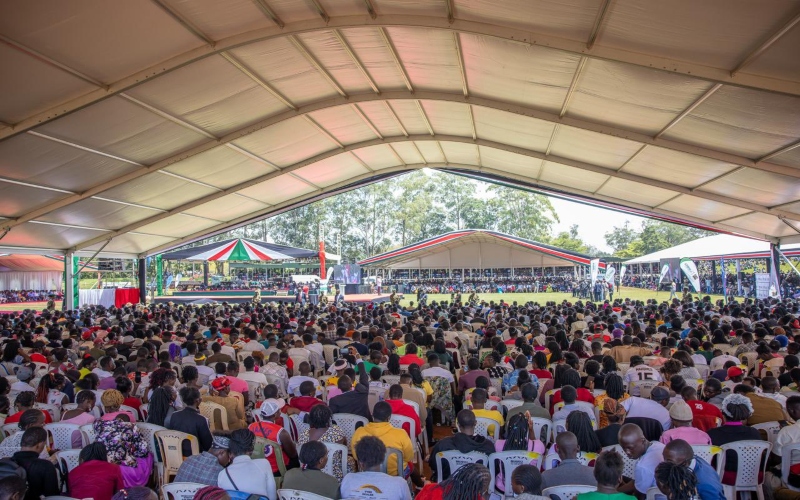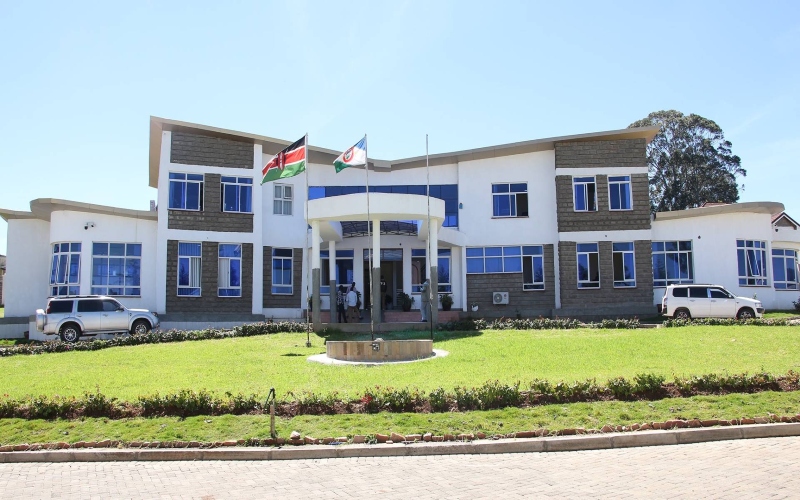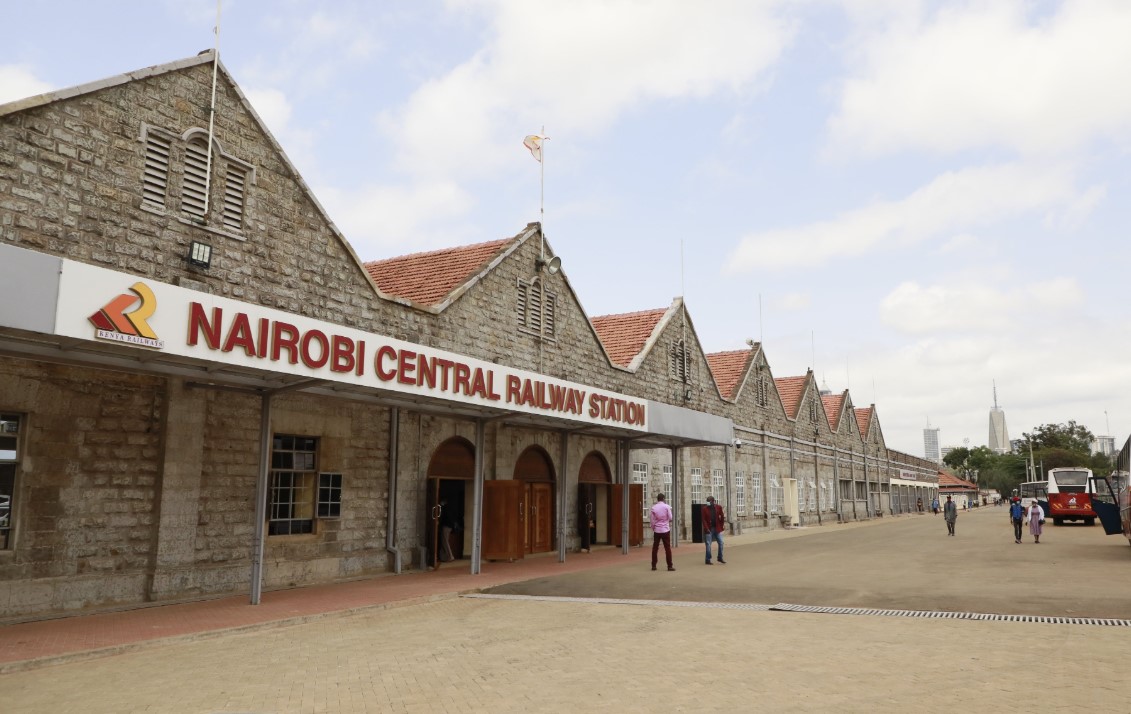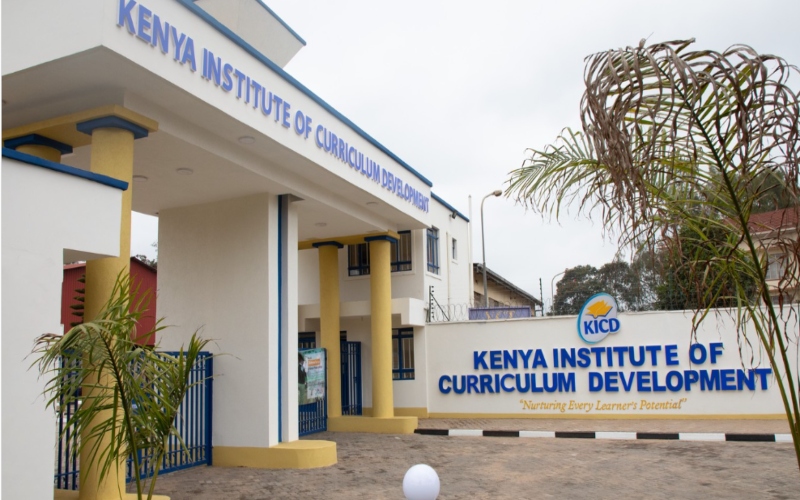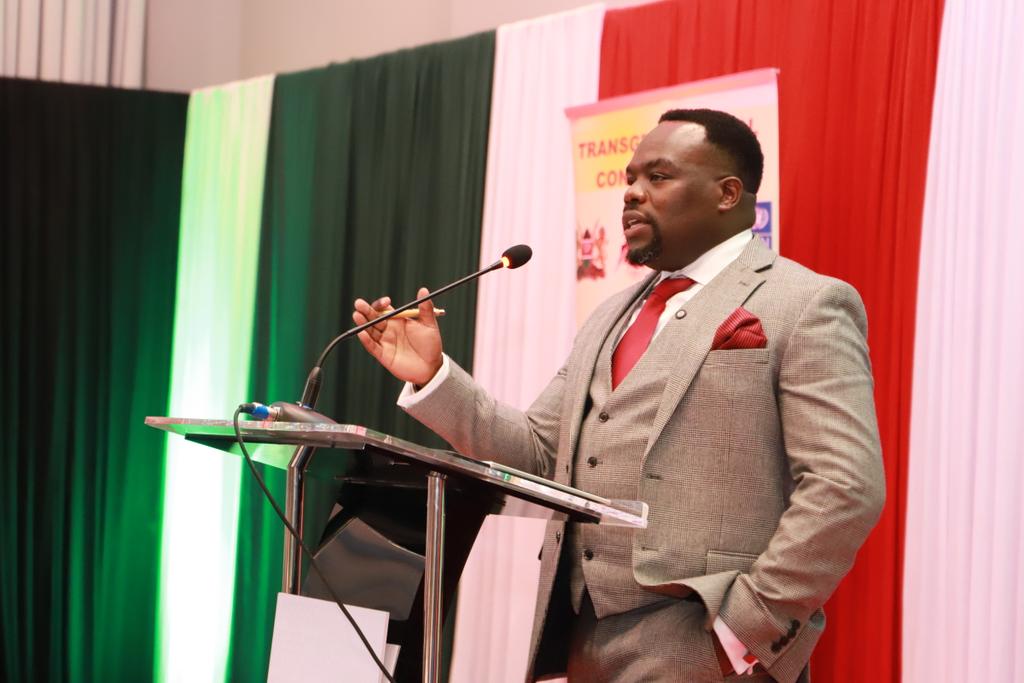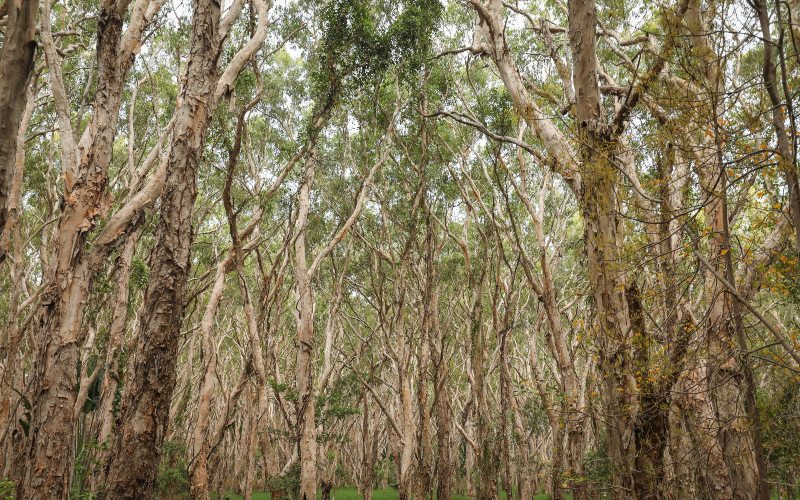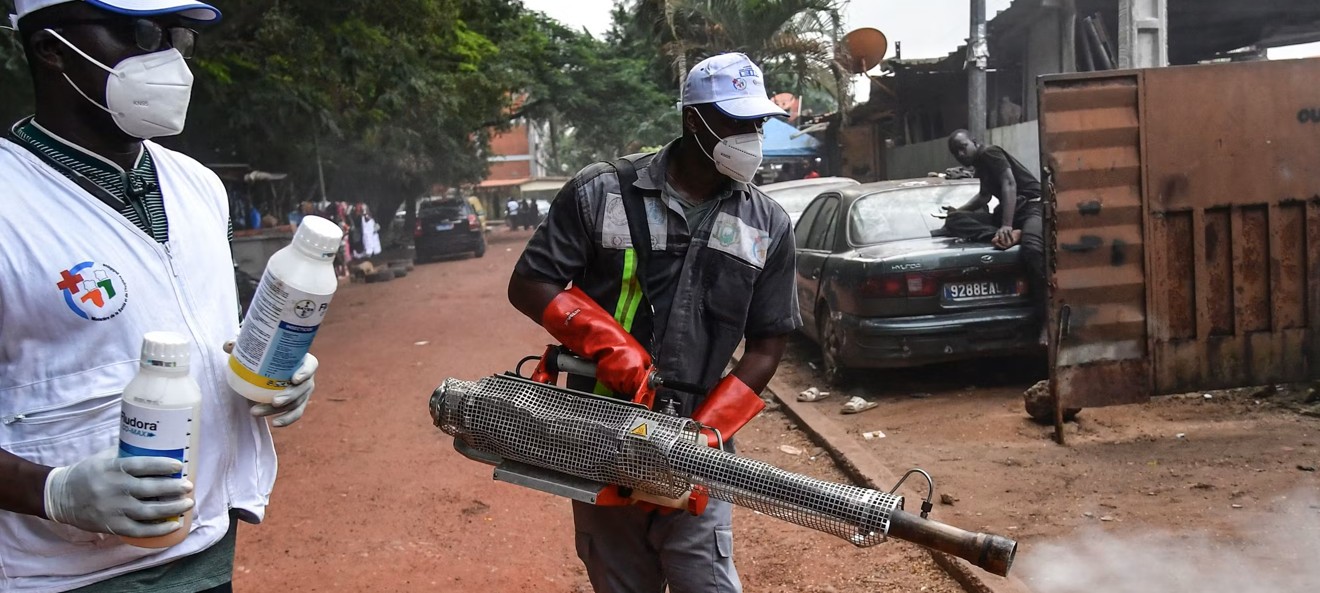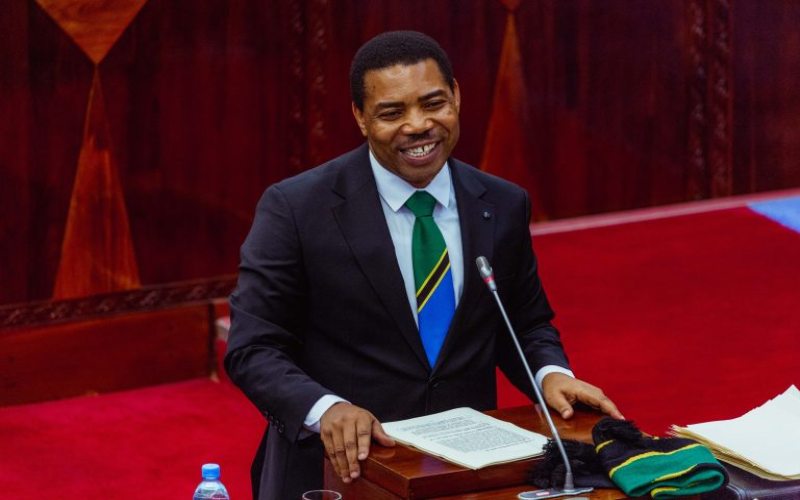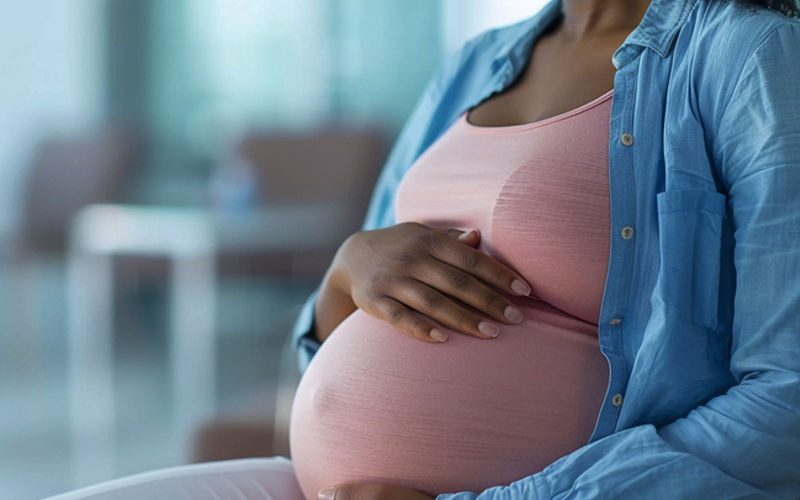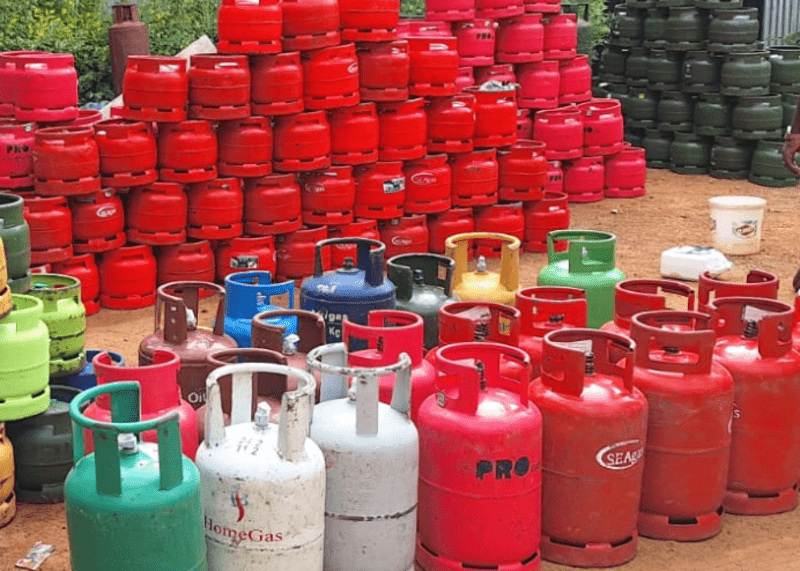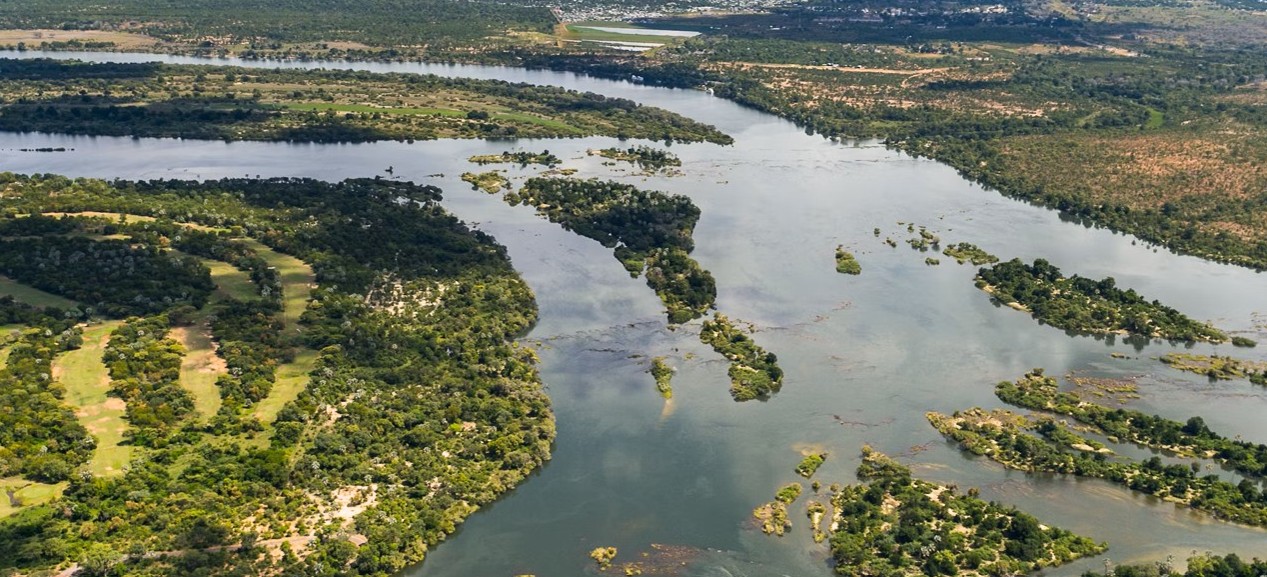IGAD hosts national consultations on protection of children's rights in Nairobi
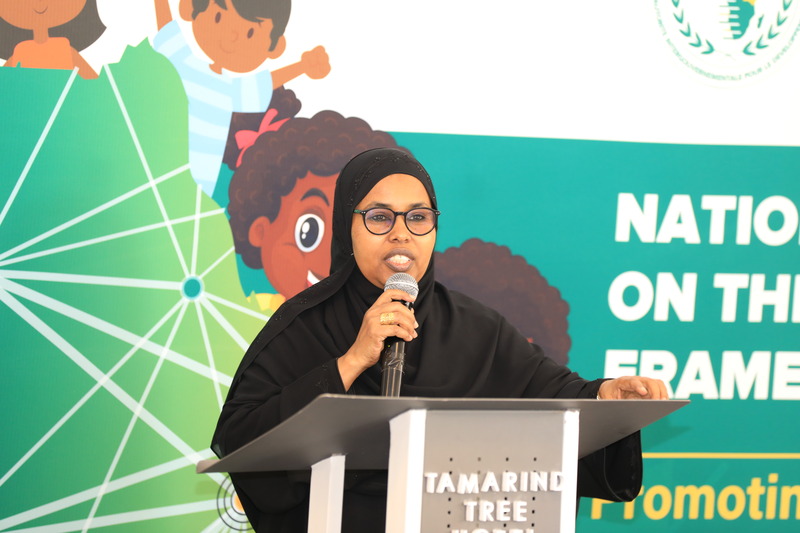
Child experts in the member countries have shared their input in the draft that also captures the voices of children from across the member states.
Efforts to protect the plight of children born and living in the Horn of Africa region are bearing fruits with the soon-to-be-launched regional Child Policy Framework.
The Framework, an initiative of the Inter-Governmental Authority on Development (IGAD), seeks to address the issues that impede the realisation of the rights and well-being of children by centring their voices in advocating for policy reforms.
More To Read
- ICPAC issues urgent advisory following deadly landslides in Elgeyo Marakwet
- Kenya among nine nations leading regional push to strengthen health systems against climate change
- IGAD reaffirms support for Somali-led peace efforts at Arta Peace Conference 25th anniversary
- IGAD demands action to protect civilians as Sudan conflict escalates
- East Africa to simplify cross-border travel and work through IGAD single visa initiative
- IGAD states pledge to protect migrants from trafficking and exploitation
The Horn of Africa region has borne the brunt of conflicts, epidemics, drought, and floods that have left millions of children in dire need of support over time.
These challenges coupled with emerging threats such as online abuse and radicalisation call for children-focused strategies to ensure wholesome protection of their lives, their rights, and freedoms.
"We firmly believe that the development of the IGAD Child Policy will serve as a cornerstone in ensuring that children across the region are afforded the highest standards of protection, assistance, and participation in alignment with the principles outlined in the African Charter on the Rights and Welfare of the Child, to which six IGAD member states are state parties," Dr Fatuma Adan, the head of the organisation's mission in Kenya, said on behalf of IGAD's Executive Secretary Dr Workneh Gebeyehu.
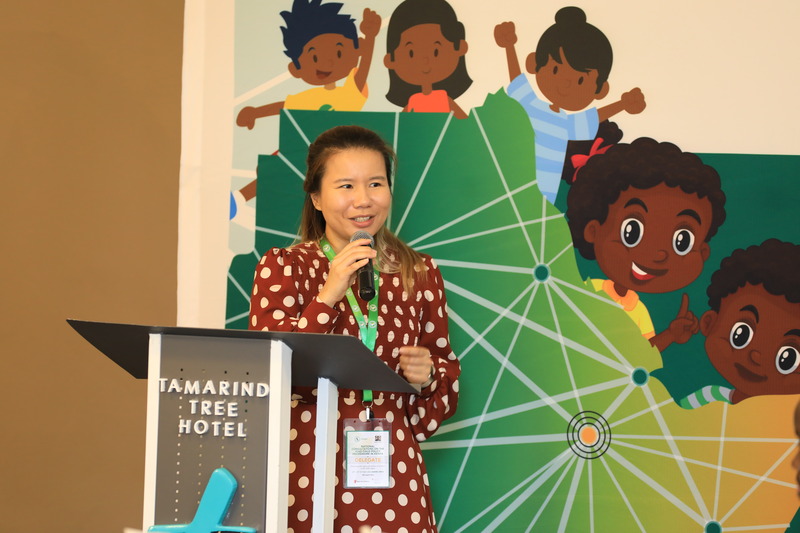 Save the Children Country Director Rabiltossaporn Pornpun at the same event. (Handout)
Save the Children Country Director Rabiltossaporn Pornpun at the same event. (Handout)
She spoke on Wednesday during the start of a national consultations meeting on the draft policy in Nairobi, which sought to review the document in the context of similar engagements in other member states.
"By adopting a robust regional child policy, a solid foundation upon which child-sensitive initiatives can be built, member states will be more able to fulfil their international and regional commitments," she said.
On her part, Save the Children Country Director Rabiltossaporn Pornpun noted that despite the unprecedented global prosperity and some advances for children in some African countries, children in Sub-Saharan Africa are still more likely to be ill, less likely to be in school and far more likely to die before the age of five than children in any other region.
"In Kenya, thousands are still exposed to violence and abuse, harmful practices, lack of parental care, and sexual exploitation," she said and called for IGAD member states to operationalise the policy as soon as it's launched to realize its intended goals in their respective contexts.
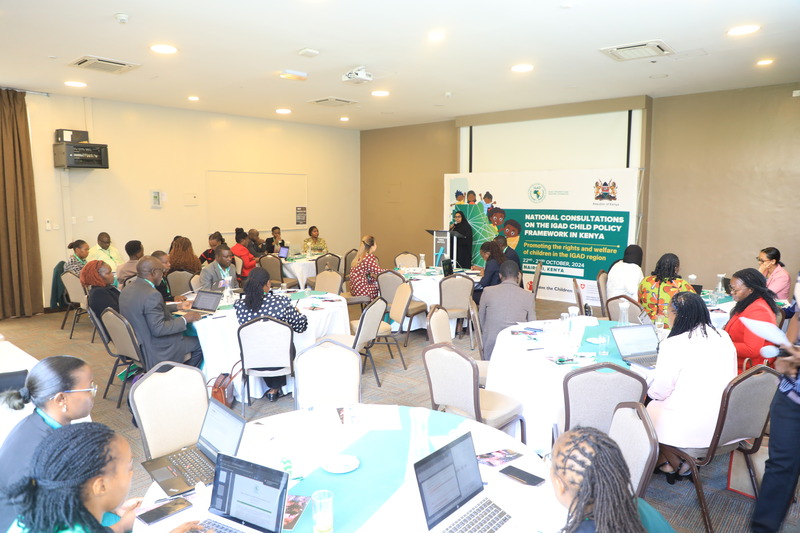 Some of the participants at the meeting. (Handout)
Some of the participants at the meeting. (Handout)
The development of the framework began in 2019, a journey that involved intensive regional dialogues to devise national strategies aimed at supporting member states in creating an enabling legal and policy environment for migrant and refugee children while promoting cross-border collaboration.
Child experts in the member countries have shared their input in the draft that also captures the voices of children from across the member states.
"As the continent with the youngest population worldwide, we need to harness the energy creativity, and resilience of our children as we address challenges in our region and transform them into opportunities. They are not only the leaders of tomorrow but also the change makers of today. We must harness their potential to promote sustainable development, peace, and security in our member states," she said.
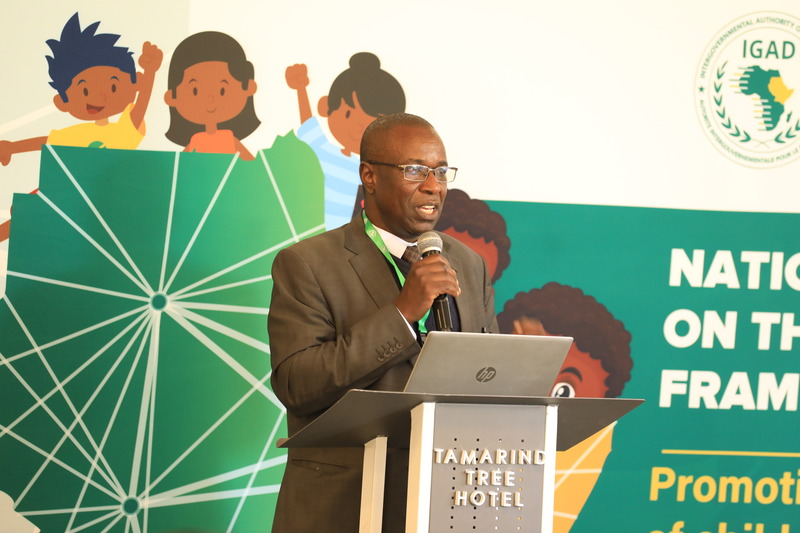 Dr Mwambi Mongare, Deputy Director, Child Protection at the Ministry of Labour and Social Protection. (Handout)
Dr Mwambi Mongare, Deputy Director, Child Protection at the Ministry of Labour and Social Protection. (Handout)
Dr Mwambi Mongare, the Deputy Director, Child Protection at the Ministry of Labour and Social Protection, noted that though challenges affecting children in the country are many and diverse, Kenya has a robust range of laws protecting its children from harm including many ratified international laws.
A lack of resources, however, hinders their implementation.
Top Stories Today


